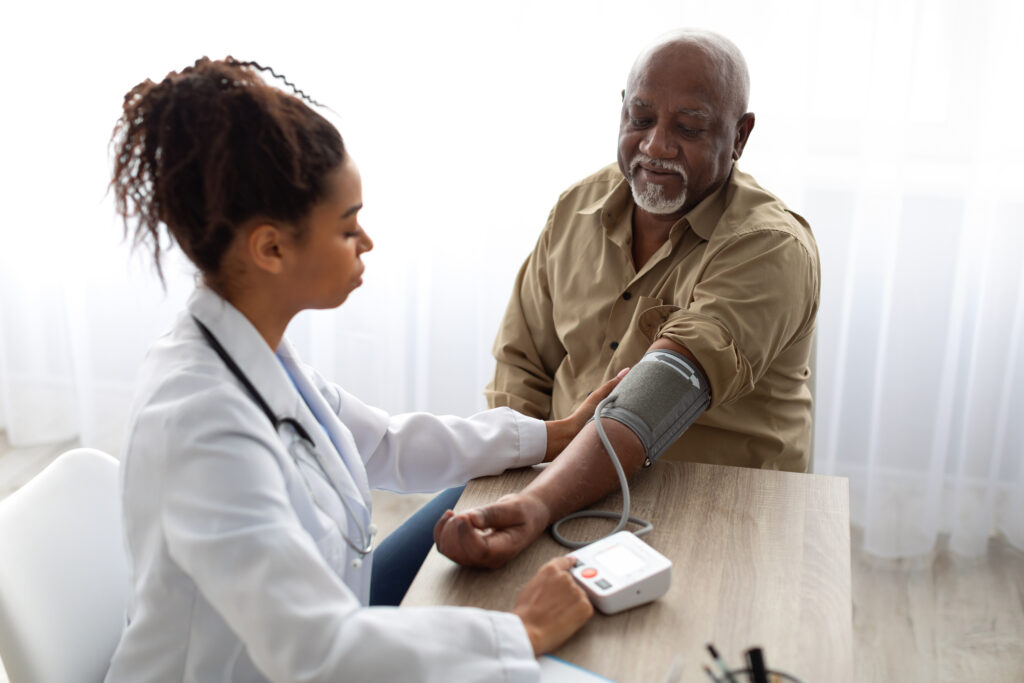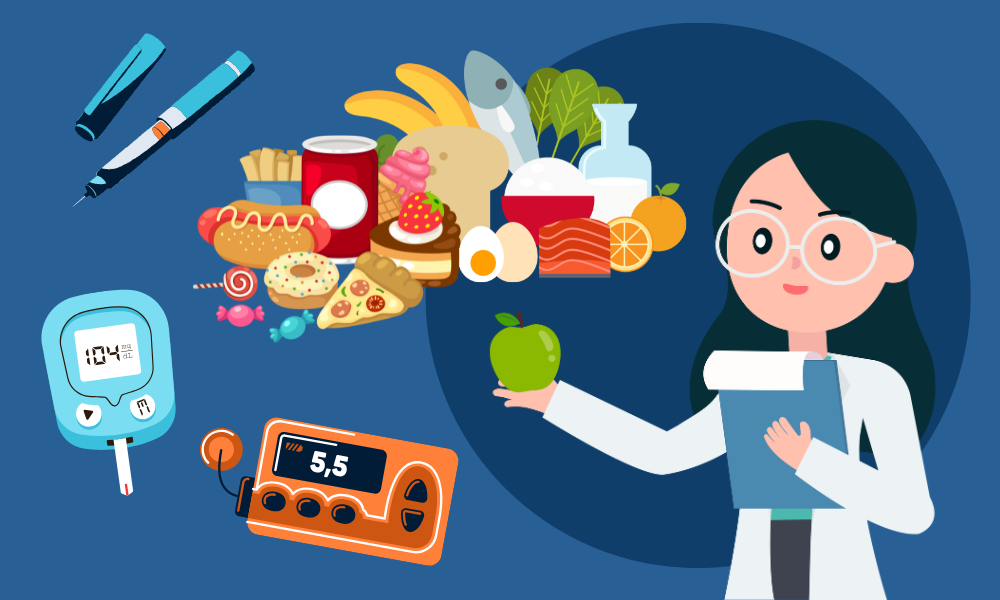Healthcare providers can transform people’s relationship with movement As a healthcare provider, understanding the barriers that people with type 1 diabetes (T1D) face when engaging with physical activity (PA) can fuel better conversations that transform people’s relationship with movement.1,2 Whether it’s daily forms of movement like getting steps in while cleaning or structured activities like […]
Read More… from Physical Activity & Type 1 Diabetes – Starting the Conversation







